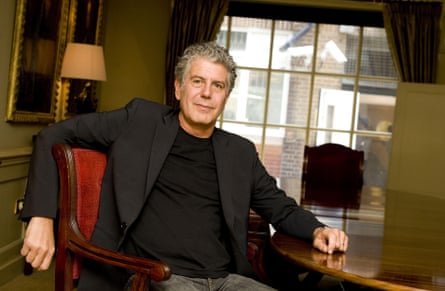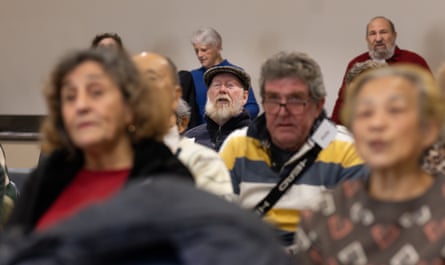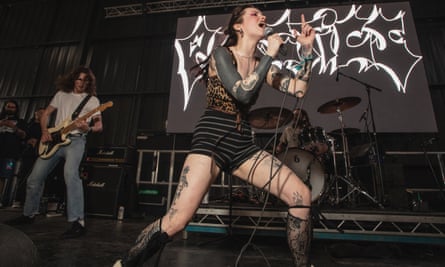AI technology will be utilized to recreate Édith Piaf’s voice for the purpose of narrating her biopic, six decades after her passing.
According to Variety, Warner Music Group (WMG) has joined forces with the Piaf estate to create a full-length movie called Edith. Through the use of artificial intelligence and feeding it numerous voice recordings, Piaf’s voice will be replicated, with WMG guaranteeing that this recreation will add greater authenticity and emotional impact to her story.
The story of the La Vie en Rose singer will be retold using animation to give it a contemporary feel. In addition, the documentary will feature a mix of archival footage, stage and TV performances, personal videos, and TV interviews to provide an accurate portrayal of Piaf’s life. The singer’s original performances will also be included, without any mention of using AI technology to create new music.
The movie is currently in a proof-of-concept phase, as WMG collaborates with production company Seriously Happy to continue its development.
Julie Veille, the director of French documentaries about Diana Ross, Sting, and Stevie Wonder, came up with the idea for the film. In a statement, she explained, “As we were creating the film, we kept asking ourselves, ‘If Édith were still alive, what messages would she want to share with the younger generations?'” She continued, “Her story is one of incredible resilience, overcoming obstacles, and challenging societal norms to achieve greatness – and it remains just as relevant today as it did in the past. Our aim is to use the latest advancements in animation and technology to bring this timeless story to audiences of all ages.”
Catherine Glavas and Christie Laume, the administrators of Piaf’s assets, expressed their sentiments about being able to hear Édith’s voice again through the use of technology. They found the animation to be beautiful and believe that the film will showcase Édith’s true character – her joyful nature, sense of humor, and unwavering determination.
This situation has occurred before, where a deceased artist has surprisingly reappeared as a narrator. In 2022, Netflix used AI technology to recreate Andy Warhol’s voice for their documentary “The Andy Warhol Diaries”. Actor Bill Irwin read Warhol’s diary entries, which were then transformed into Warhol’s voice using the Resemble AI software. This resulted in a modern interpretation of the robotic version of himself that Warhol created in 1982.
Actor Edward Herrmann became a celebrated audiobook narrator alongside roles in film and TV such as Annie and Gilmore Girls, and after his death in 2014, AI has been used to recreate his voice and allow him to narrate newly published audiobooks. His son has hailed the technology by London-based company DeepZen as “an amazing way to carry on his legacy”.

The use of technology in the 2021 film Roadrunner: A Film About Anthony Bourdain, which explores the life of the late chef and documentarian Anthony Bourdain who passed away in 2018, sparked controversy. Director Morgan Neville utilized a program that was trained on Bourdain’s voice to recreate an email he had sent to a friend, with a fake Bourdain contemplating, “My current life is not great. You and I are both successful, but are we truly happy?”
Morgan stated that the viewers may not be aware of the manipulation, stating, “If you watch the film…you may not recognize the other lines spoken by the AI.” Among the critics was Bourdain’s former wife, Ottavia, who expressed, “I definitely did not say that Tony would have approved of that.”
The surviving members of The Beatles used AI software to isolate John Lennon’s voice in order to record their final song, Now and Then. Paul McCartney clarified that the software was not used to create a new performance by Lennon, and that all recordings were authentic and untouched. Some minor improvements were made to existing recordings.
However, artificial intelligence (AI) is now being utilized to generate completely unique performances by singers. Their voices are used to train AI technology, which then produces a precise imitation – a practice that many artists disapprove of.
In the month of April, Drake made a statement declaring that he had reached his limit after discovering that an artificial intelligence version of himself was utilized in a fraudulent music performance by fellow rapper Ice Spice. Around the same time, Universal Music Group raised concerns about unauthorized content generated using AI technology and removed a song from streaming platforms that featured highly realistic AI versions of Drake and the Weeknd.
Source: theguardian.com



















